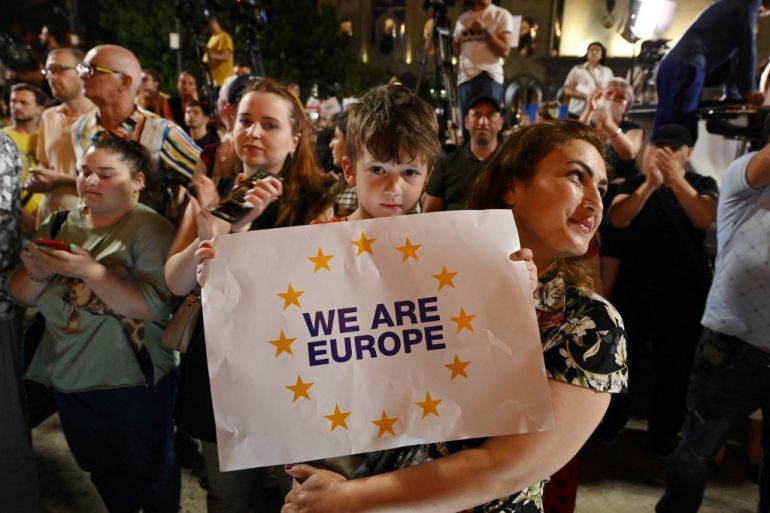A significant majority of individuals within the European Union are calling for more concerted efforts to combat the deliberate dissemination of false and misleading information on the internet. A recent study conducted by the Upgrade Democracy project revealed that a striking 85 per cent of Europeans believe policymakers should take stronger actions to curb the spread of disinformation. Additionally, an overwhelming 89 per cent expressed the view that social media platform operators should also step up their efforts in this regard.
The EU populace’s widespread acknowledgement of the issue underpins this pressing desire for a more robust response. More than half of the respondents, constituting 54 per cent, frequently find themselves uncertain about the veracity of the information they come across online. Moreover, 39 per cent of respondents admit to having identified instances of encountering deliberate misinformation.
Concerns and Responses: Europeans Views on Digital Content and Democracy
The study underscores the critical role of reliable information as the foundation for informed perspectives and democratic discourse. It emphasizes the prevailing uncertainty among Europeans regarding the trustworthiness of digital content, highlighting concerns about intentional manipulation. The study’s author, Kai Unzicker, who specializes in democracy and social cohesion, affirms that in the pursuit of safeguarding and fortifying democracy, it is imperative not to leave individuals to grapple with disinformation alone.
The survey data paints a clear picture, underscoring the necessity for action. Less than half of Europeans (44%) indicate that they verify information they come across online. Even fewer (22%) actively identify or draw attention to disinformation. Age is a determining factor: the younger and more educated the respondents, the more proactively they assess the veracity of information and take measures to combat disinformation. Unzicker emphasizes that the ability to recognize and counter false information should not be contingent on age or educational level.

The Upgrade Democracy study further indicates that the frequency of encountering disinformation increases with the regular use of multiple social media channels. Among the various platforms, Twitter and Telegram users are more likely to come across false information and report it. Opinions on social media’s impact on democracy are divided among Europeans: 30% tend to perceive disadvantages, 28% see advantages, and 42% believe there are both positive and negative aspects. These perspectives vary across countries, with critical attitudes prevailing in France, Belgium, the Netherlands, and Germany, while people in Poland hold a much more positive view of social media’s influence on democracy.
The Multi-Faceted Approach of the Upgrade Democracy Project
Based on the survey’s findings, we propose implementing and expanding systematic monitoring carried out by independent experts and civil society organizations in Germany and Europe. The objective is to enhance the identification and labelling of disinformation. Furthermore, digital platforms should adopt consistent and transparent content moderation practices. Anticipation is high for the transparency reports that major social media providers are expected to release by the end of August, aligning with the EU’s Digital Services Act (DSA) requirements.
Cathleen Berger, our expert in digital policy, emphasizes the need for a holistic approach to combat disinformation. She stresses the importance of top-down regulation and bottom-up competence building. Raising public awareness about the risks associated with disinformation is crucial. Simultaneously, efforts should be made to improve individuals’ media literacy and critical thinking abilities across all age groups. The survey demonstrates that people are more inclined to act against disinformation when they recognize it.
In our commitment to addressing disinformation and supporting society, we initiated the Upgrade Democracy project earlier this year. This initiative presents a range of effective ideas and actions to counter disinformation and manipulation on social media. Additionally, the project explores innovative technologies and methodologies that foster fair and vibrant political discourse.











